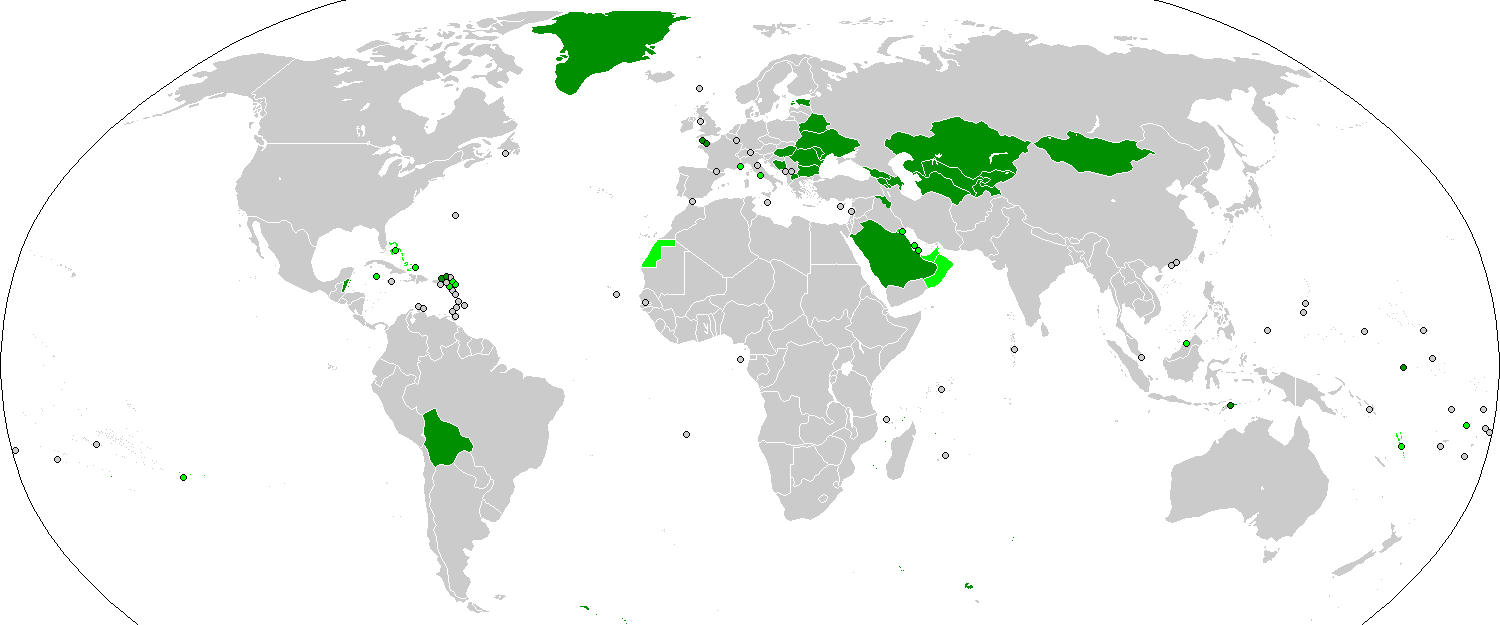random3434
Senior Member
- Jun 29, 2008
- 25,899
- 7,790
- 48
What are your thoughts? Yes or no, and why or why not?
Can we keep this civil?
I think it could work, but maybe I'm wrong. What do you think about a Flat Tax?
Newsvine - Next Level: Is Flat Tax the Answer?
Can we keep this civil?
I think it could work, but maybe I'm wrong. What do you think about a Flat Tax?
Newsvine - Next Level: Is Flat Tax the Answer?


